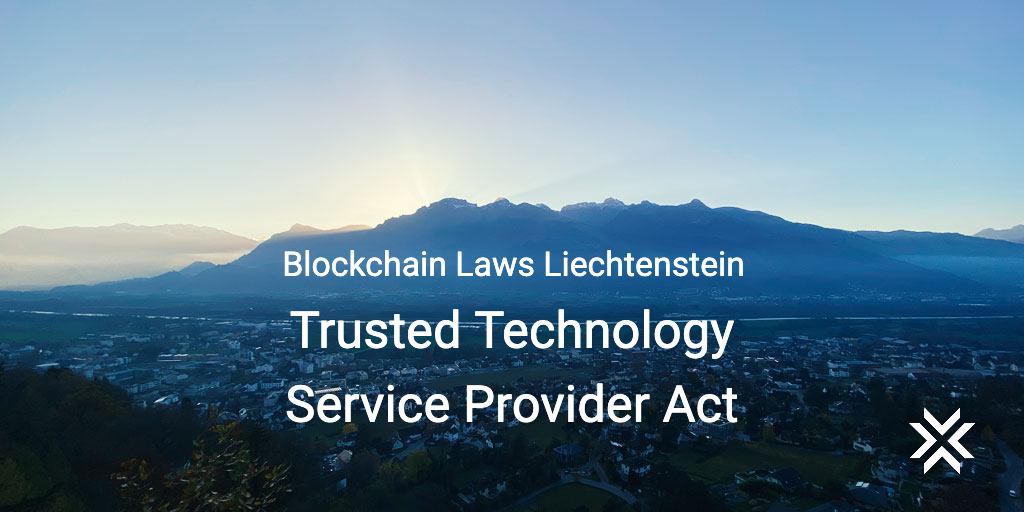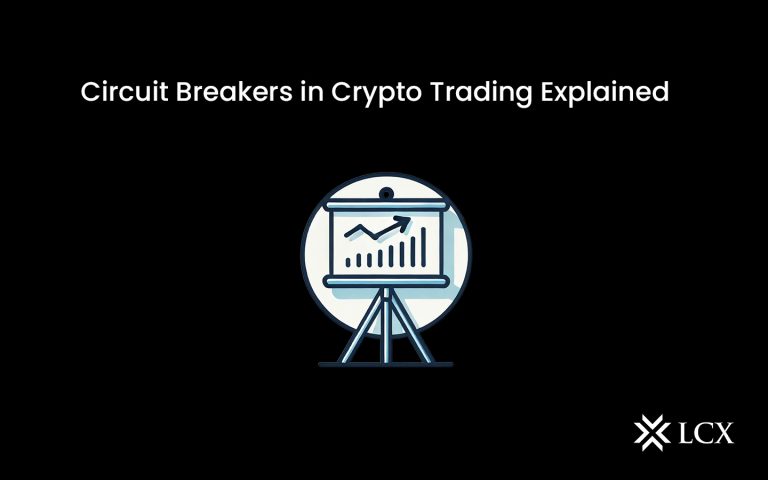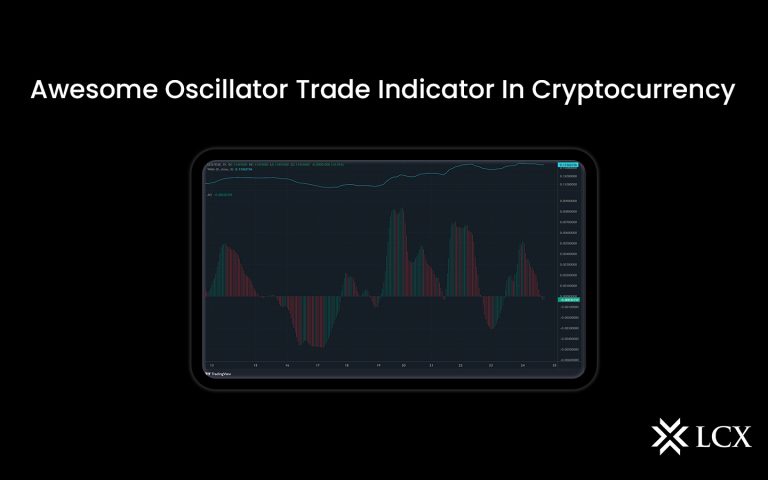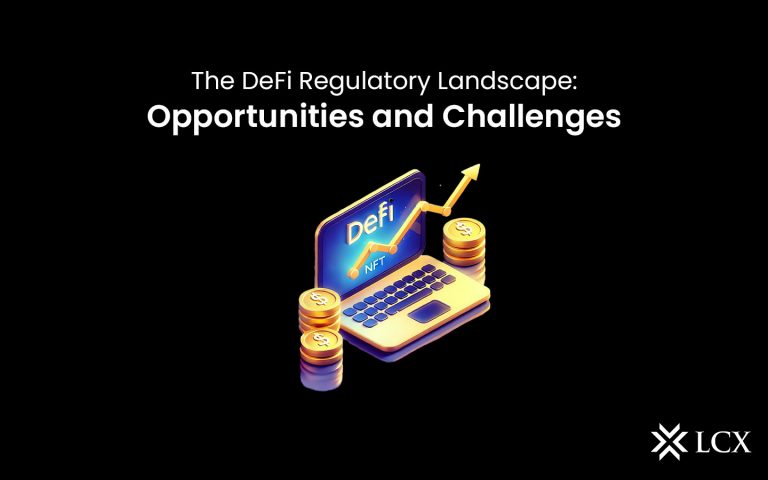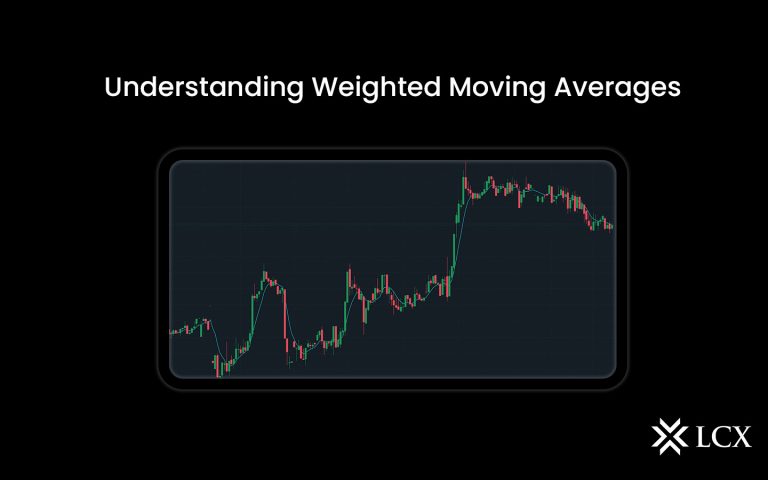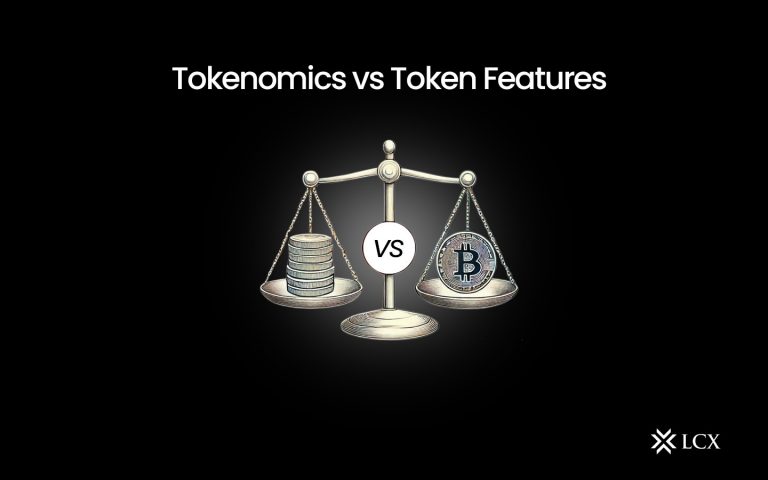TVTG Liechtenstein: The Regulatory Framework for a Tokenized Economy
In October 2019 the Liechtenstein Parliament passed the Token and Trusted Technology Service Provider Act (TVTG) and the law has entered into force on January 1st 2020.
Liechtenstein is the first country to introduce a comprehensive regulation for the blockchain industry, for cryptocurrencies, utility tokens, payment tokens, stable coins, and digital securities like security tokens.
As a new category leader in the blockchain and digital asset industry, LCX has embraced Liechtenstein’s new blockchain laws, officially named the Token and Trusted Technology Service Provider Act which came into effect January 1st, 2020. The Blockchain laws are also known as the Blockchain Act or in German “Gesetz über Token- und VT-Dienstleister, Token- und VT-Dienstleister-Gesetz (TVTG)”.
LCX has developed an advanced Crypto Compliance Suite which is seamlessly integrated in LCX’s platform. LCX’s Crypto Compliance Suite features an intuitive and simple user interface while following the strict KYC and AML requirements in accordance to the Blockchain Act (TVTG), the Liechtenstein Due Diligence Act and the 5th Anti‑Money Laundering Directive (AML5) by the European Parliament.
Download: Deutsch
Token- und VT-Dienstleister-Gesetz (TVTG) – Gesetzestext auf Deutsch.
The laws are also publicly available at Gesetze.li
Download: English Translation
Token- und VT-Dienstleister-Gesetz (TVTG) – English Translation of the Liechtenstein Blockchain Laws.
This translation is also available for download at Regierung.li
Legal Framework For The Token Economy
The Liechtenstein Blockchain Laws, the Token and Trusted Technology Service Provider Act, defines that all blockchain companies and companies handling cryptocurrencies have to register and have to be approved by the Financial Market Authority (FMA) Liechtenstein.
2020 is a transition period: Companies who had been already performing a cryptocurrency service or blockchain product requiring registration under the TVTG Blockchain Laws are allowed to exercise their business activity. The transitional period stated in Article 50 of the TVTG ends on December 31, 2020.
Who needs to register as Blockchain TT Service Provider?
Article 12(1) at TVTG states that any natural person, legal person or a business with headquarters (registered office) or place of residence in Liechtenstein who wishes to act as TT Service Providers must apply to be entered into the TT Service Provider Register.
This also applies to Token Issuers who issue tokens in their own name or the name of a client in a nonprofessional capacity if tokens for CHF 5 million or more will be issued within a period of 12 months (Article 12(2) TVTG).
Blockchain Laws Liechtenstein
The new Liechtenstein Blockchain law regulates civil law issues concerning investor protection and asset protection. The legal framework also introduces adequate supervision of the various virtual asset service providers and crypto companies. The supervision of blockchain companies is conducted by the Financial Market Authority (FMA) in Liechtenstein.
Liechtenstein is known for its AAA rating by Standard and Poor’s and its strict measures to combat Money-Laundry and Know-Your-Customer requirements. These measures are now also extended to blockchain companies by making service providers subject to anti-money laundering and combating the financing of terrorism rules.
Safe Regulatory Jurisdiction for Blockchain Businesses and Compliant Security Token Offerings
Any blockchain business, companies conducting token sales or using security tokens for fundraising can take advantage of Liechtenstein’s comprehensive blockchain legal framework. The Blockchain Laws not only improve investor protection and transparency but also gives rules and clarity for any token sale or crypto business.
LCX has built a one-stop solution to tokenize assets, assists with token sales, security token offerings, and has developed a comprehensive technology platform to create, issue, and manage any crypto-asset or digital security.
Roles and Requirements
According to TVTG any company or individual whose registered office or place of residence is in Liechtenstein and who wishes to act as a professional TT Service Provider, must be entered in the TT Service Provider Register of the FMA.
All TT Service Providers must fulfill a variety of requirements and obligations.
This includes to
- be professionally qualified; be trustworthy; be capable of acting;
- proof the necessary minimum capital;
- proof an appropriate organizational structure with defined areas of responsibility;
- have written internal procedures and control mechanisms, including documentation of these mechanisms (Risk Management Policy, Information Security, Blockchain Operations and Business Continuity Policy policies, AML and CTF Policy, etc.);
- introduce special internal control and documentation mechanisms;
The Liechtenstein Blockchain Laws define key roles and responsibilities along-side the value-chain of the token economy.
TT stands for Trustworthy Technology aka. Blockchain or Distributed Ledger Technology.
The role for Cryptocurrency Exchanges:
- TT Exchange Service Provider: Exchanges or marketplaces for cryptocurrencies, tokens, and fiat-money such as USD, Euro, or Swiss francs.
Roles relevant for Token Creation, Token Sales, or Airdrops:
- Token Issuer: The Token Issuer publicly offers Tokens (for the first time) in their own name (Token Issuer – Role 1) or in the name of the client (Token Issuer – Role 2).
- Token Generator: The Token Generator develops and creates one or more tokens in their own name or in the name of others. In this process, the rules, functionalities, and variables of the Token will be defined and the smart contract will be developed and audited.
Roles relevant for Tokenization and Security Token Offerings:
- Physical Validator: The Physical Validator ensures and guarantees the contractual enforcement of token rights. This role includes dedicated liabilities and is particularly relevant for real estate tokens.
- TT Verifying Authority: The TT Verifying Authority verifies that legal capacity and the requirement regarding the disposal of a token have been met. This includes, for example, services that ensure that only persons of legal age or those with a specific authorization can purchase certain tokens.
- TT Price Service Provider: The TT Price Service Provider provides a reliable reference price for crypto assets, e.g. via aggregation of own or third party price information.
- TT Identity Service Provider: The TT Identity Service Provider identifies the person in possession of the right of disposal of a token and records and manages a token holder directory (real-time cap table).
Roles relevant for Crypto Custody:
- TT Key Depositary: The TT Key Depositary safeguards the private keys for users or clients.
- TT Token Depositary: TT Token Depositary safeguards tokens in the name and for the account of others. This is often conducted by Bitcoin exchanges in collective wallets (Omnibus wallets). The TVTG states that the TT Service Provider must ensure that tokens held in custody have to be segregated from the corresponding users.
- TT Protectors: TT Protectors hold tokens in their own name and on behalf of others. A license under the Professional Trustees Act is obligatory in this case.
More Information about the Blockchain Laws TVTG is available at the website of the Financial Market Authority Liechtenstein.
